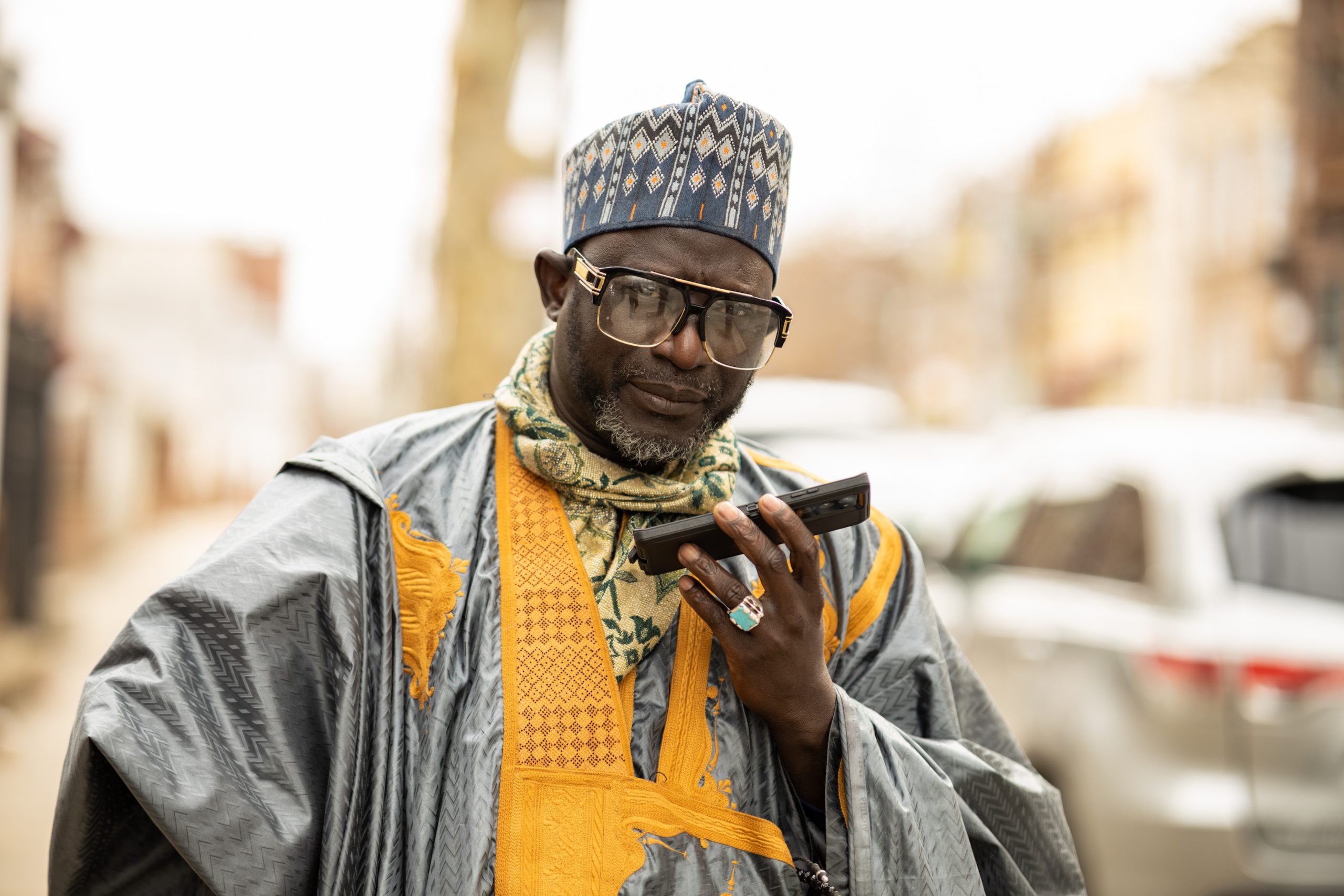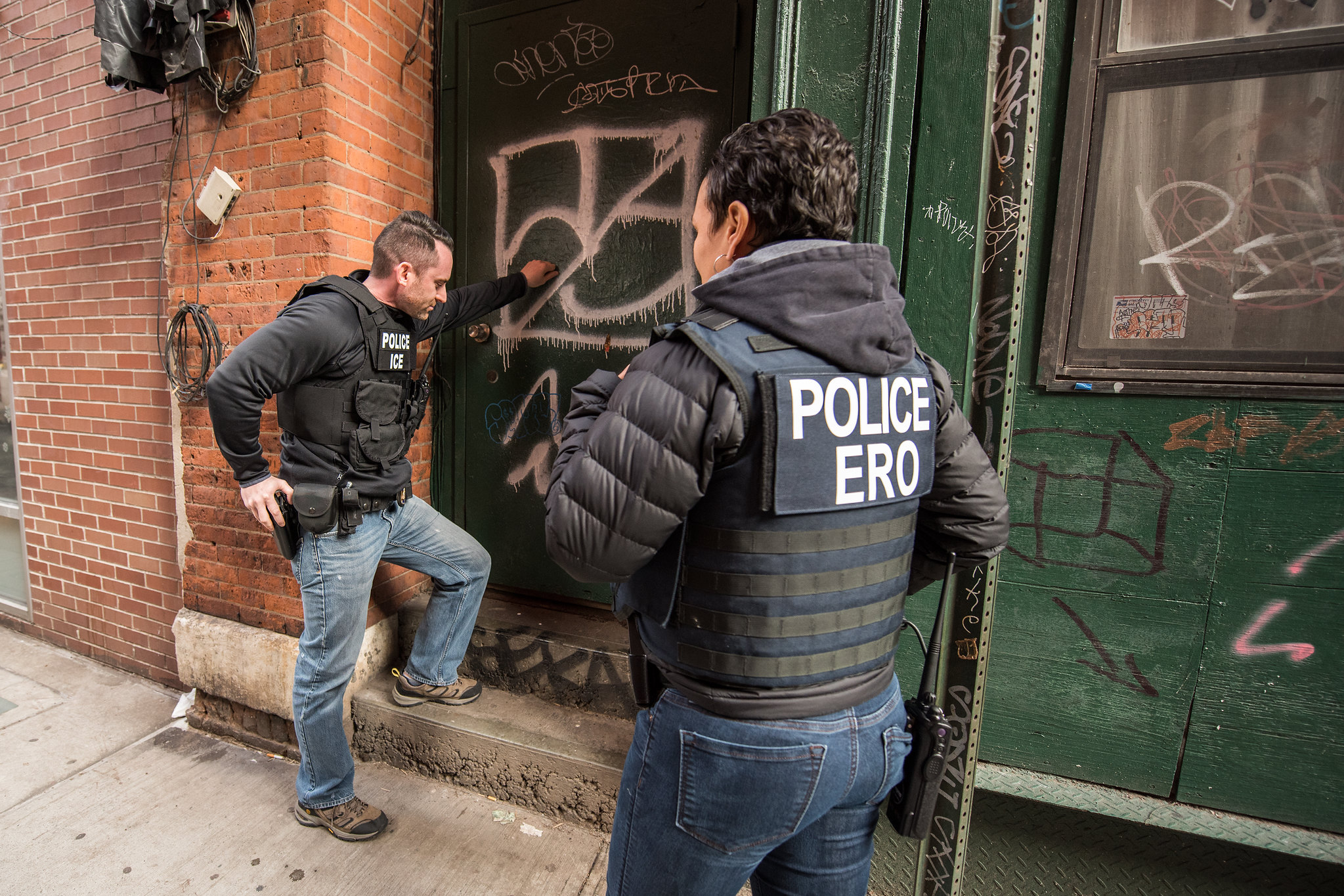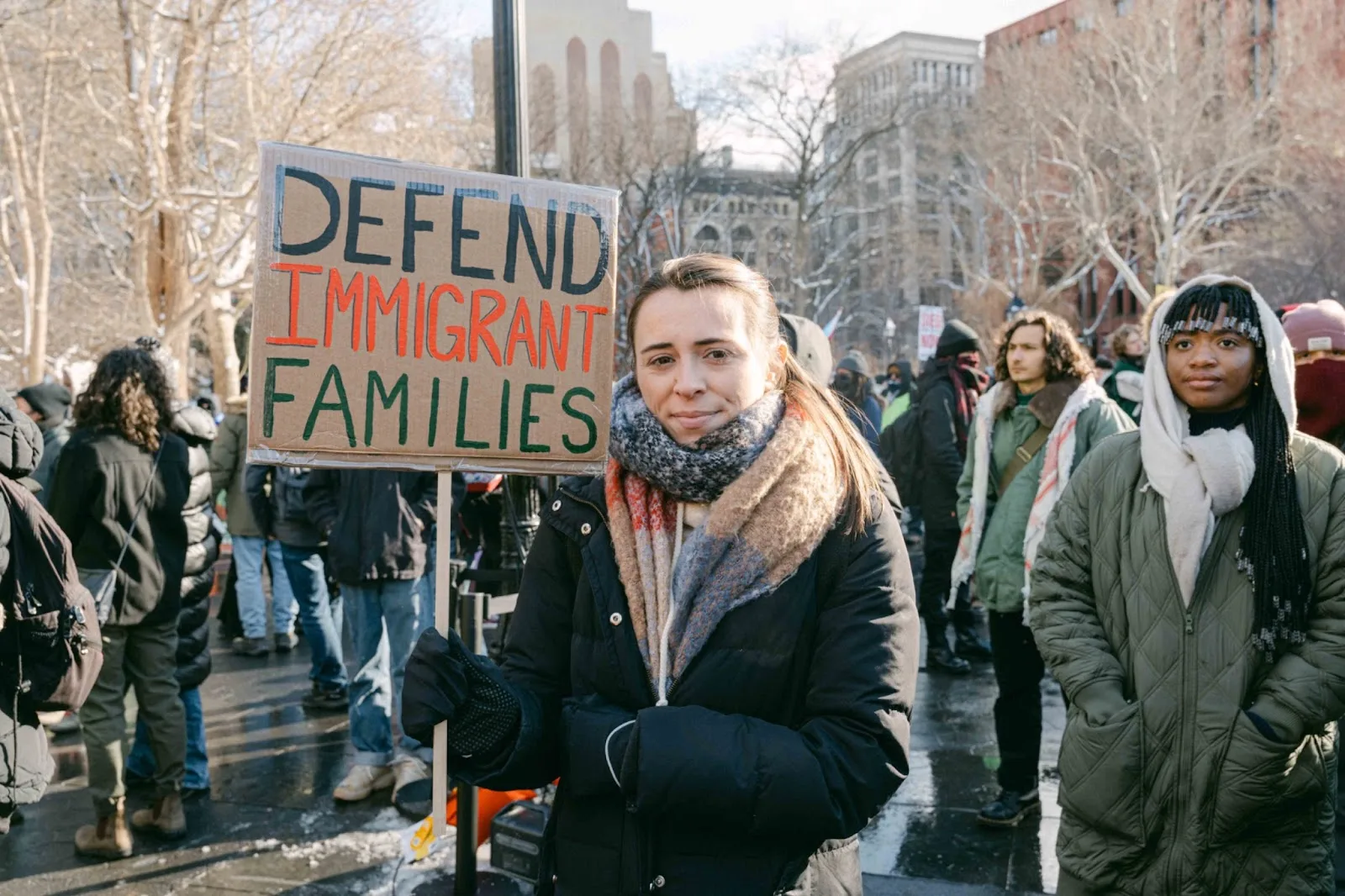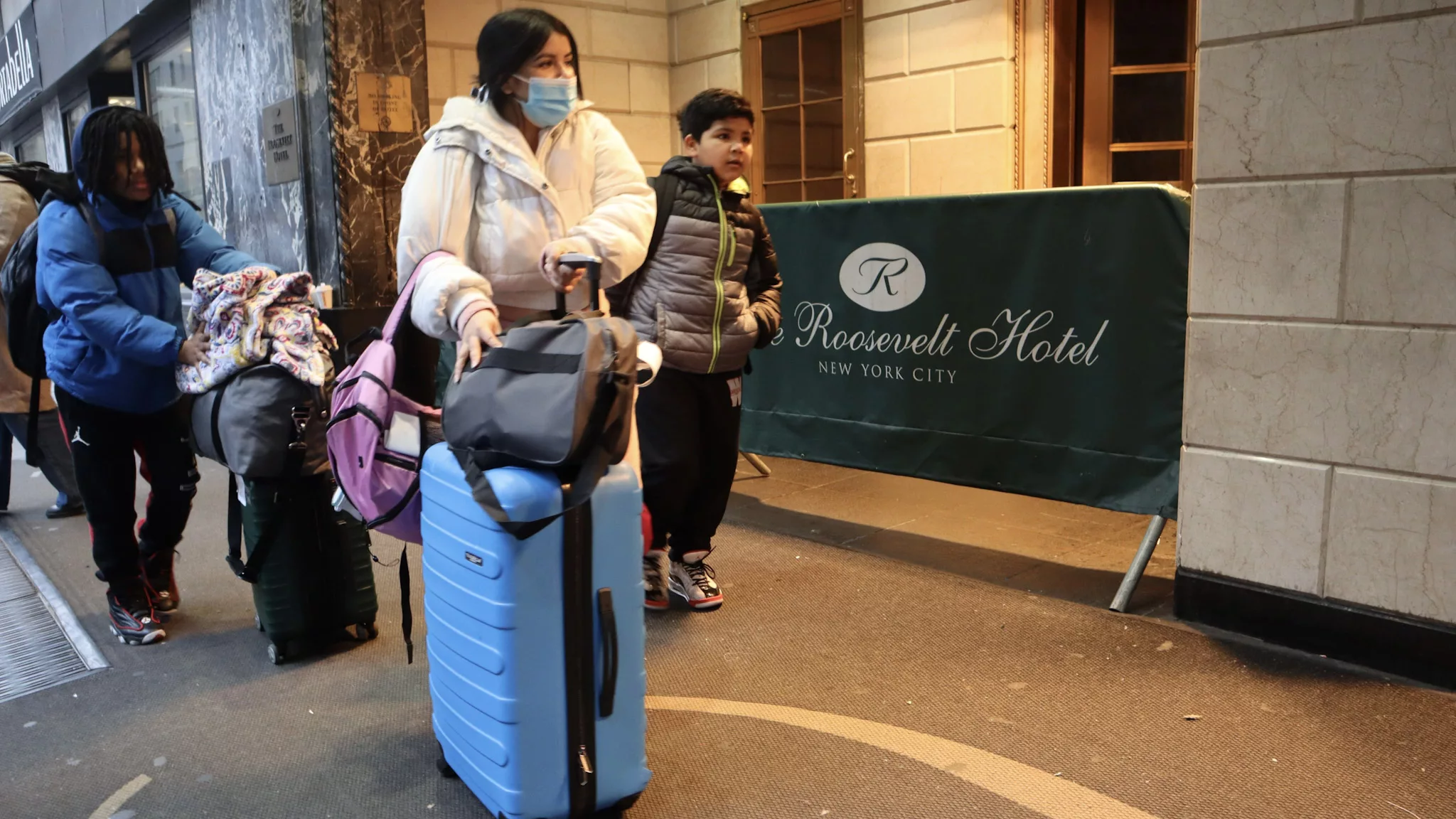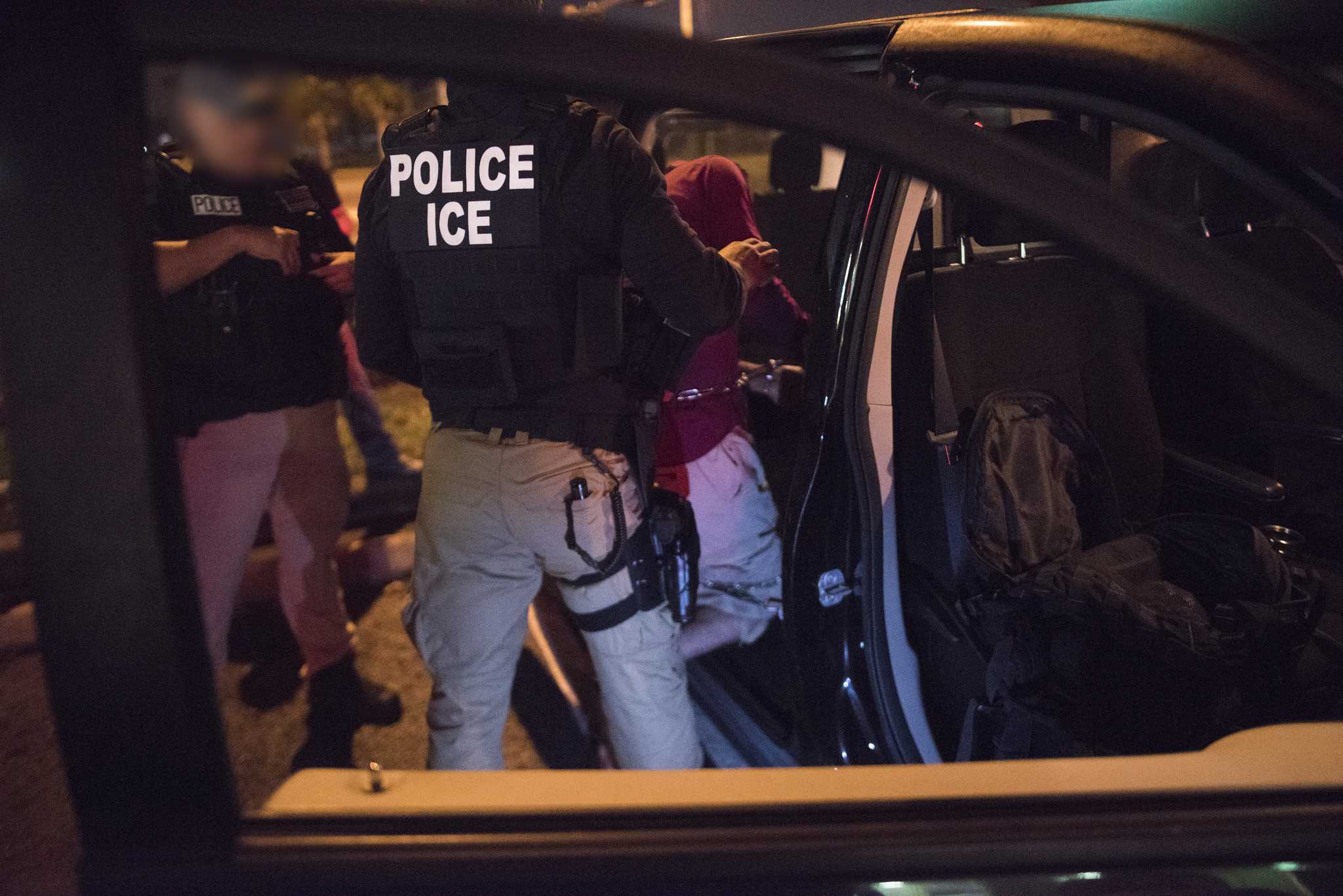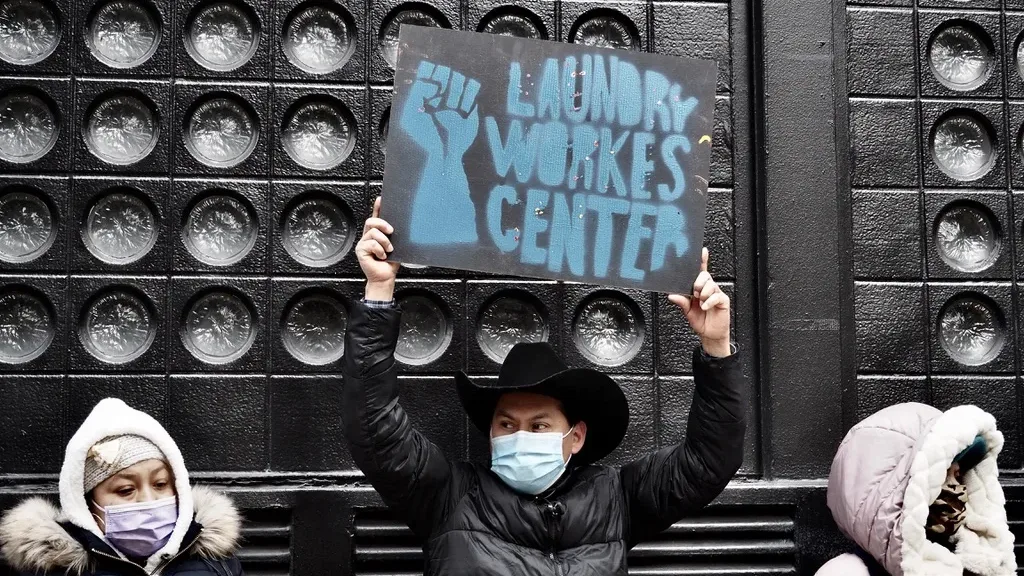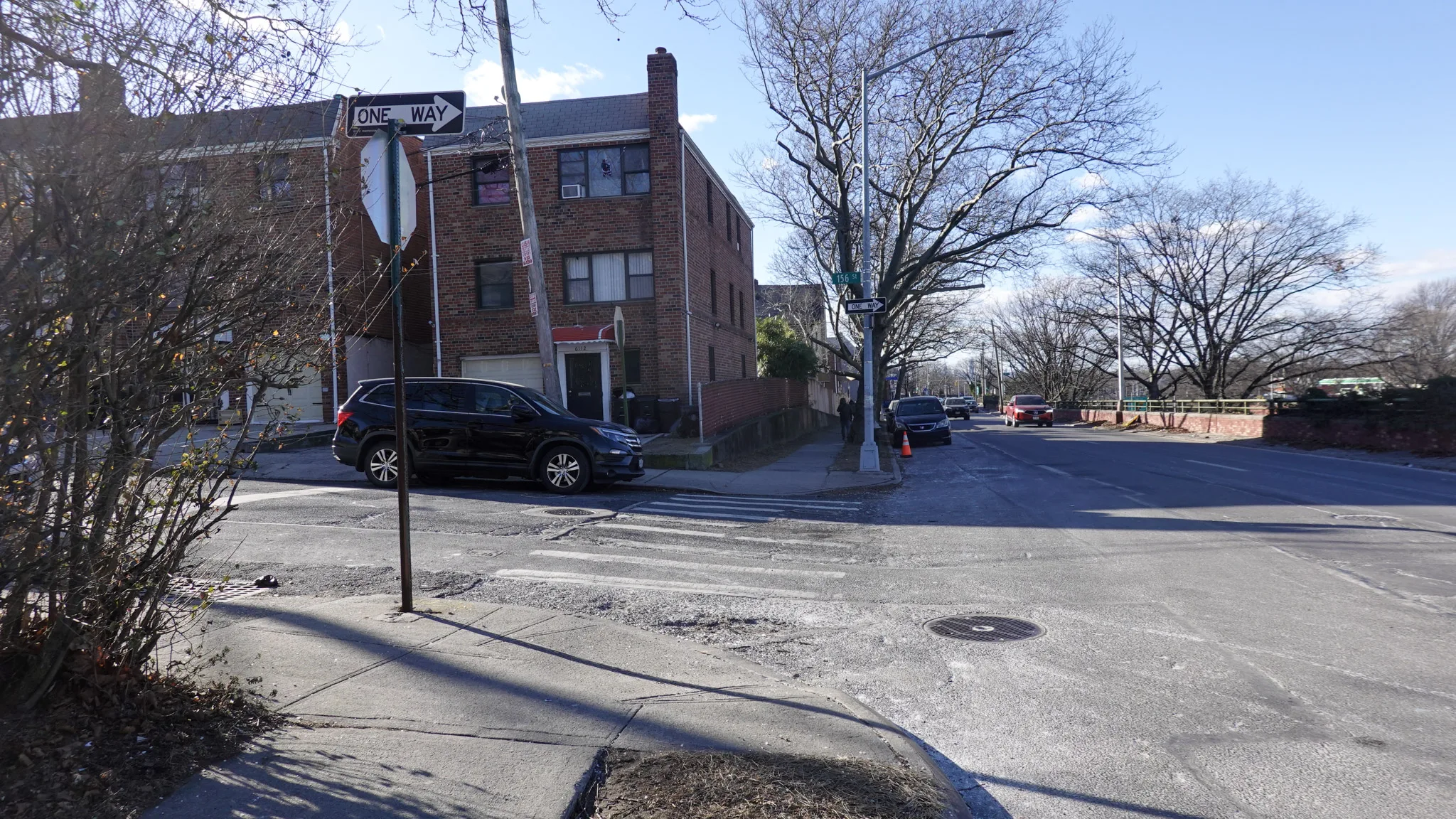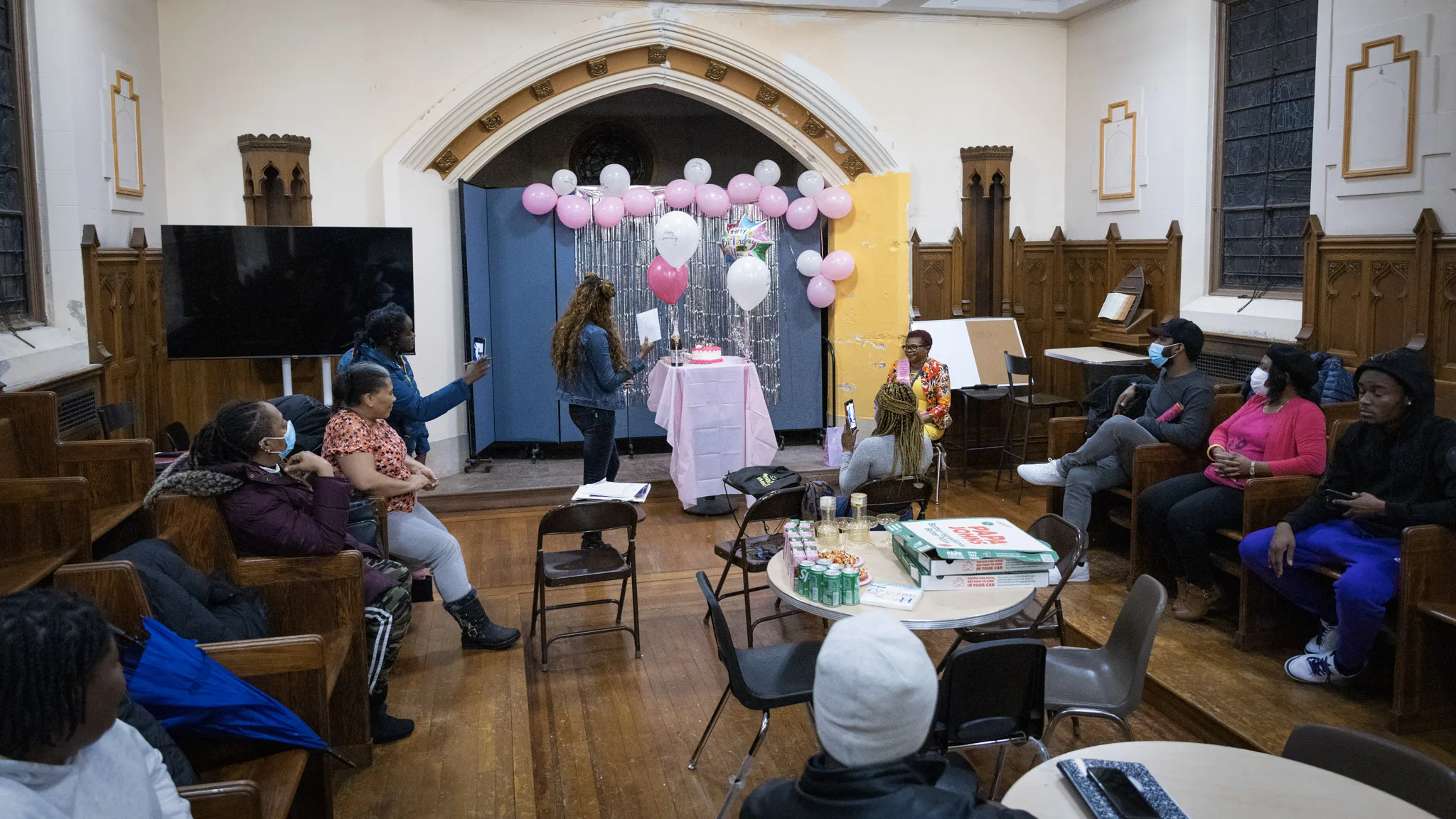The first thing you’ll notice about Imam Omar Niass is how much his phone rings. It blasts with an unmistakable Arabic ringtone. The 51-year-old Senegalese immigrant and Islamic leader, with prayer beads in one hand and his phone in the other, is standing in front of a mosque in the Bronx, where he lives.
He is taking calls from unknown numbers, some of which are people at the southern border or in detention centers asking for help. When he stashes his phone in his chest pocket, immigrant men leaving the mosque shake his hand and greet him. He responds to each cheerfully. He is revered and appreciated. For years, Imam Omar has provided temporary accommodation to migrants and asylum seekers fleeing poverty, war, humanitarian, and economic crises. Between 2021 and now, he has housed more than 380 people.
As neighbors pass him, they say cordial hellos, too.
“Wagwan family,” Imam Omar says to a neighbor outside.
“Hello brother,” says the neighbor, “Everything good?”
“Most things are good. Not everything,” Imam Omar responds.
While Imam Omar waits for a plumber to arrive, he receives two more calls from migrants — Mauritanians — in need of his help. When he’s done, he apologizes. He says he needs to adjust the temperature inside and “turn on the boiler for the kids,” i.e. the migrants. The weather this morning is 38 °F.
Entering his home and the mosque, we pass through the living room where nurses from Urban Health Plan and the Bronx Health Reach have set up a table with vaccine shots and masks for the migrants. We descend a wooden stairway, stepping over dozens of shoes before entering a room with African migrants covered with blankets sleeping on the carpet. Others sit or stand by a microwave oven in a corner, heating up bread and tea. Imam Omar walks to a closet, turns the heater on, grabs a foldable chair and sits.
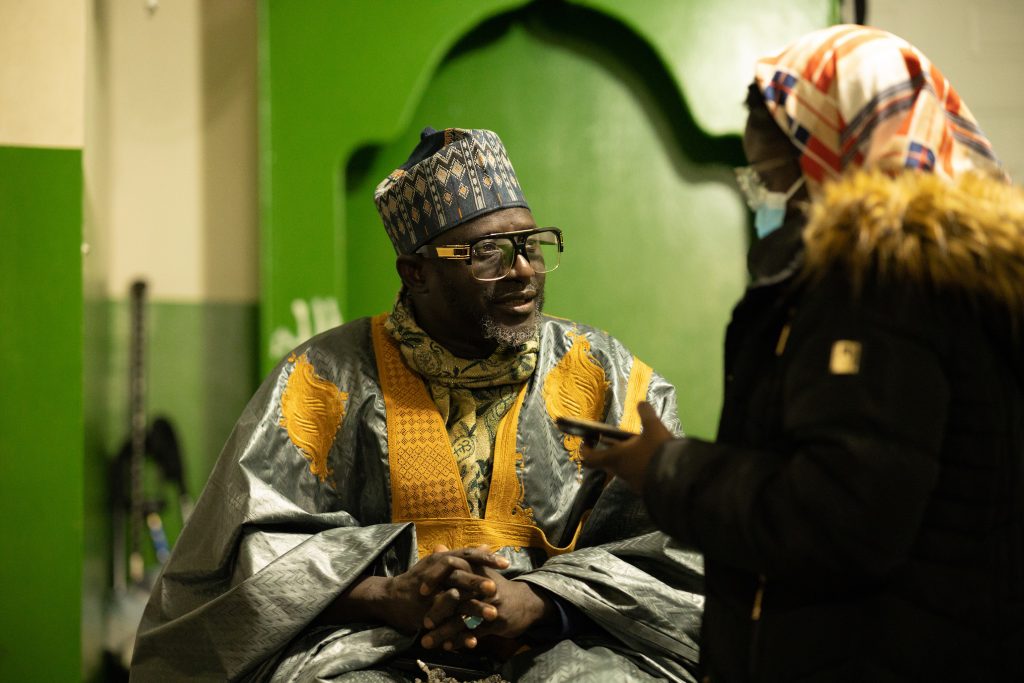
Growing up in Africa
Imam Omar Niass was born on October 15, 1971 in Kaolack, Senegal. Son of an Imam, he studied the Qur’an from age 5 and finished at 12; then, at 15, he started teaching it to young children ages 5, 6, and 7 in a school. He moved to Mauritania for about five years for another teaching job, and later returned to Senegal to further his education, before moving to the U.S. in the 2000s where he served several mosques in New York.
“After that I said you know what, I’m going to go back to my original job,” he says. “I told the people coming to the mosque: ‘Bring your kids, I’mma teach them the Qur’an’.” But this was difficult because the kids were unavailable from Monday to Friday. “You never see them in school.”
He decided to work odd jobs for Arabs to earn a living. He made $150 weekly and rented a shared room on Carpenter Avenue & East 226th Street for $75 a month. He later opened a deli grocery on a Bronx street corner in 2009, which he still runs today. Proceeds enabled him to rent a $1,200 a month three-room apartment in the Bronx, which he also used as a mosque. Often, people would visit the mosque, asking for a place to stay.
In 2014, he noticed more people from Mauritania, Kenya, Somalia, and Eritrea visited his mosque seeking shelter. “They’ll say ‘I live nowhere.’ I live with them in my apartment.” As his small business grew, he says, “I build my credit, and I’m just thinking that for me to help the people, I have to buy my own property, which is what made me buy this place.”
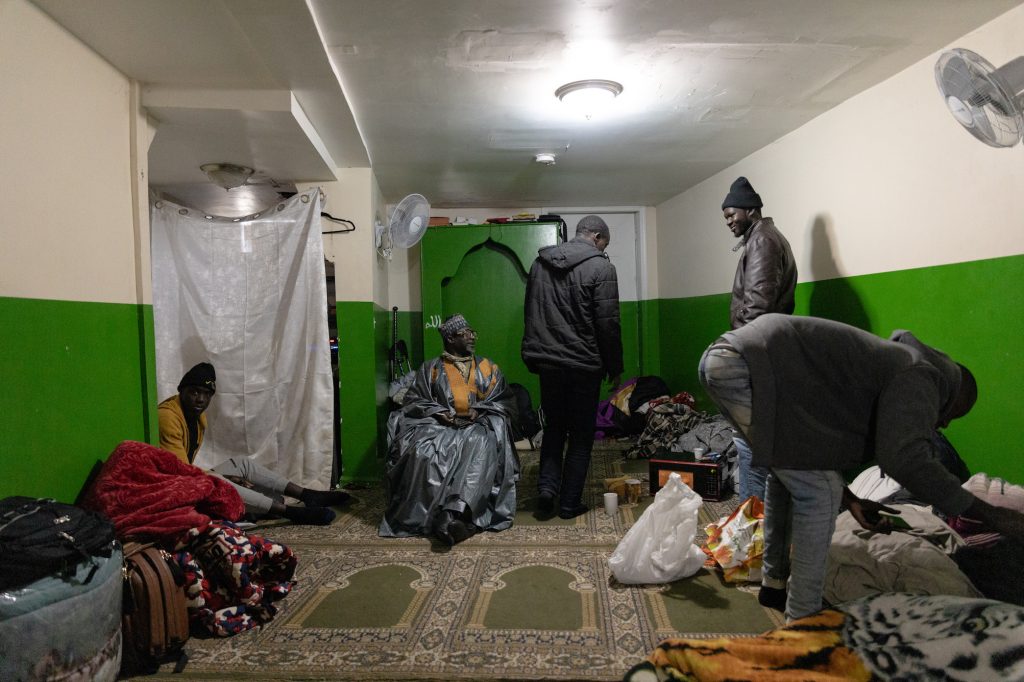
“This is a house for Allah. Everybody is welcome.”
That property is the mosque — Jamhiyatu Ansaru-Deen Islamic house of worship in The Bronx — which Imam Omar bought in 2015. It was recently featured in the New York Times for housing African migrants who were living in Latin America, where they worked as fishermen or in factories and learned Spanish and Portuguese along the way. While Latino migrants came into the spotlight for the migrant crisis in New York, African migrants were largely unnoticed, wrote Kimiko de Freytas-Tamura.
When the Imam moved to his new house, he took with him the migrants he hosted in his old apartment. Taking trips in the city, he would see people sleeping in public spaces. “I ask: ‘Yo, why are you here? Your clothes are too dirty; You don’t have lotion on your body; You don’t have anything, why?’ They say ‘I live nowhere’ I say ‘Okay follow me,’ ” Imam Omar says. Those he helped would tell friends in a similar situation; word spread about his humanitarian help.
In 2021, however, he saw more people seeking his help than ever. Imam Omar has encountered 13 nationalities at the mosque: Mauritanians, Eritreans, Ethiopians, Sierra Leonenans, Ghanaians, Nigerians, Togolese, Malians, Guineans, Senegalese, Gambians, Ivorians, and Brazillians.
A warning letter from immigration authorities
Last summer, there were over 240 migrants in the mosque. The Department of Homeland Security sent him a letter saying, “ ‘You have a business with these people to bring them into this country,’ ” he says. “I don’t… I’m just Imam.”
In the fall, City Hall coordinated with him to move the men in the mosque to the humanitarian relief tent it opened on Randall’s Island. “All of them go. Five days after, I have 40 people again.”
Not all the migrants he houses come from the border. A Senegalese man, who did not want to be named because of his parents, is an F-1 visa student. A major priority for migrants at the mosque should be learning English, says the student who speaks English, French, and Wolof, but many migrants are focused on getting a job to send money to families back home to survive.
ICE找上门?非公民应如何与移民官员交谈
“If you are traveling, you can have paradise or hell fire.”
At noon, one of the migrants picks up a microphone to say the Adthan — the Islamic call to prayer. The migrants gather. Soon, there are 26 men facing the qibla wall to pray. With the Imam leading, they bow, stand, and sit simultaneously, saying a series of prayers. The Imam preaches when they finish.
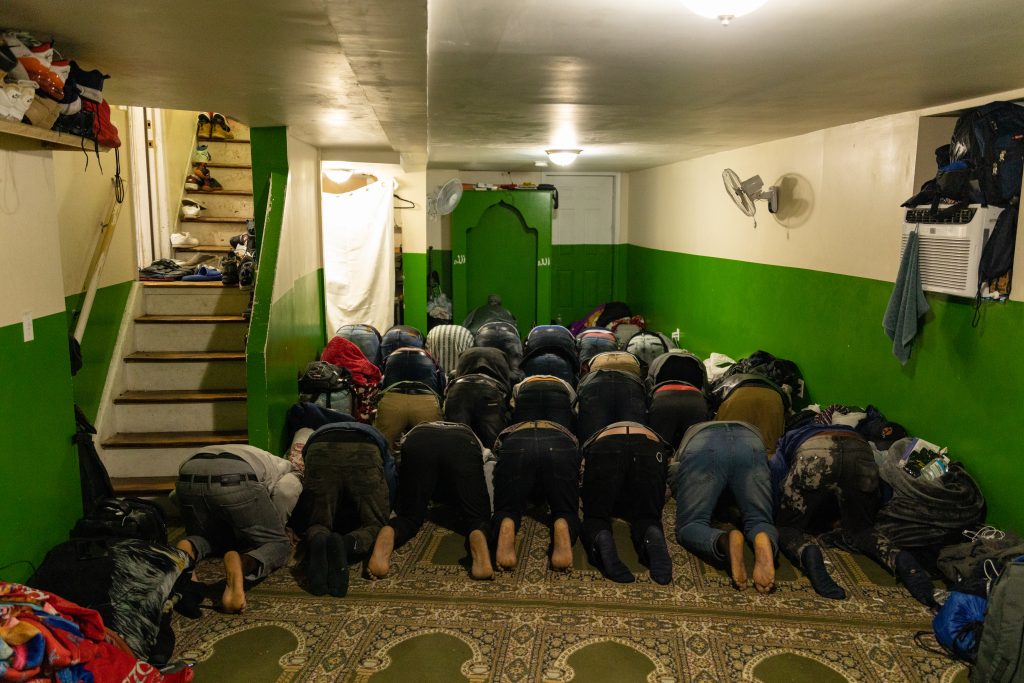
As the group disperses, we complete the rest of our conversation. “They love to come here,” he says. “I don’t know them from nowhere.” Some of the migrants speak languages he knows, others do not. Imam Omar speaks Wolof, Arabic, and English. “I just see it like I’m sitting down with my children,” he says about the newcomers. He understands the challenges that come with traveling to a new country, he says, “Prophet Rasulullah Sallallahu Alaihi Wasallam would say ‘if you are traveling, you can have paradise or have hell fire.’ ”
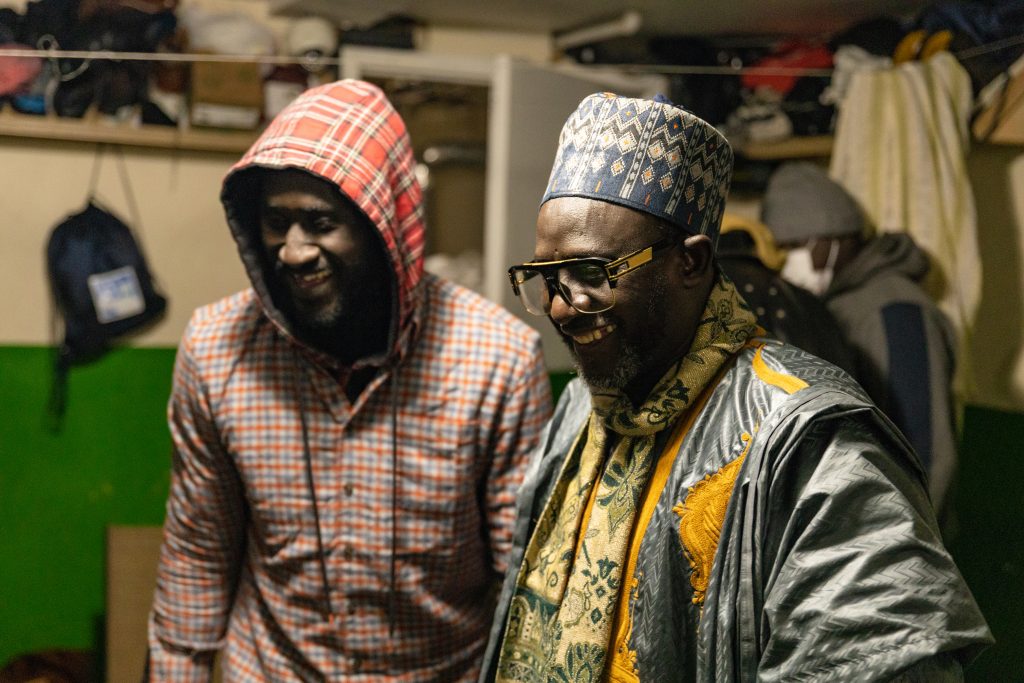
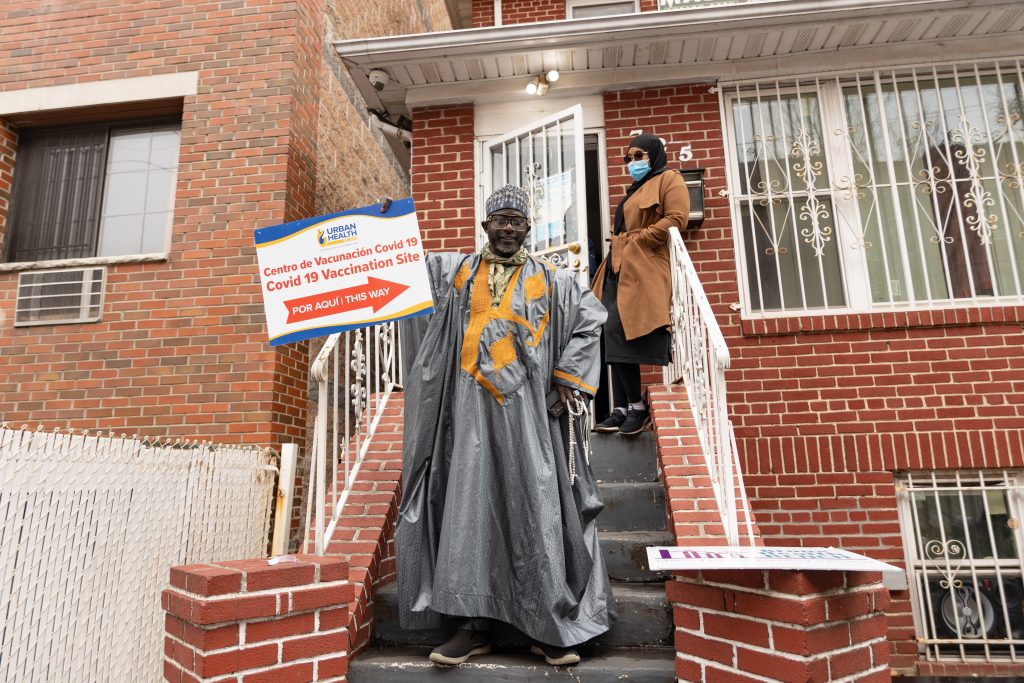
Editorial Note: At 10pm on February 27 2023, this article was edited after publication to protect the subject’s privacy.
